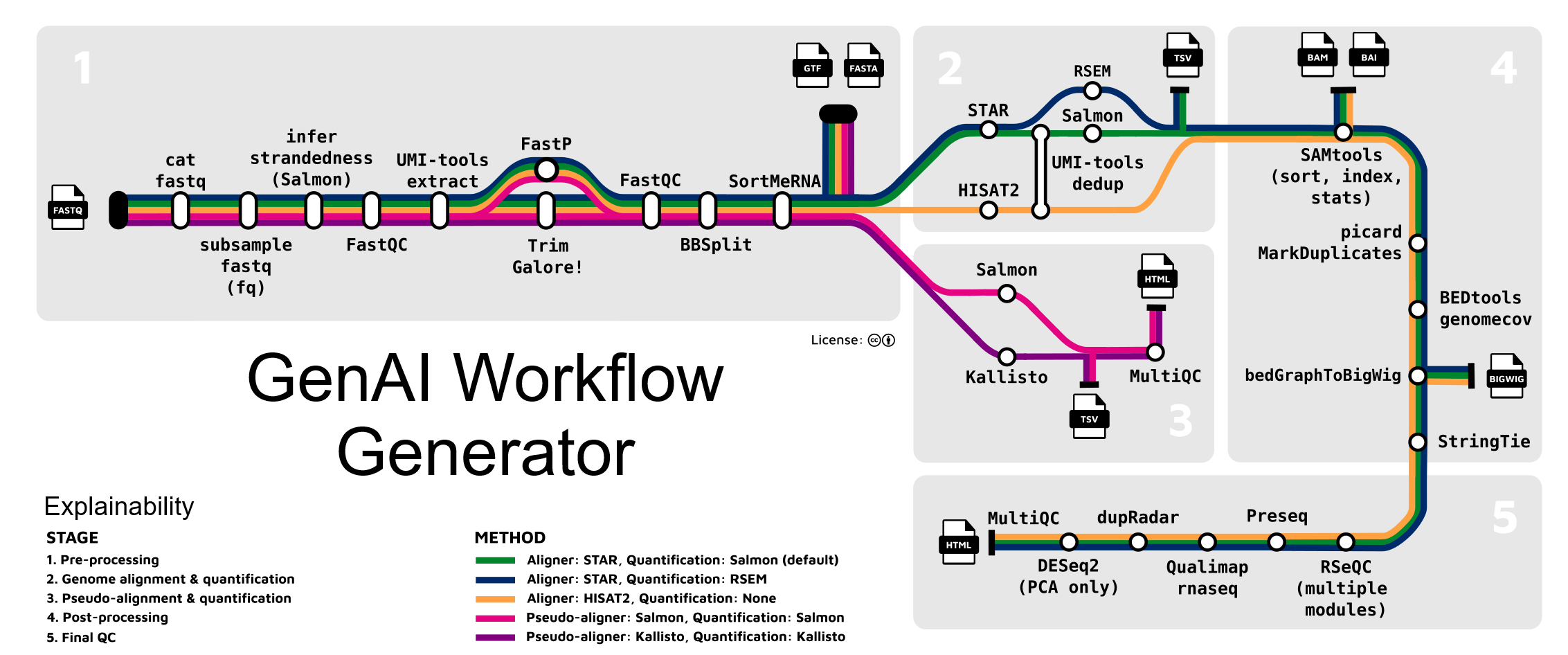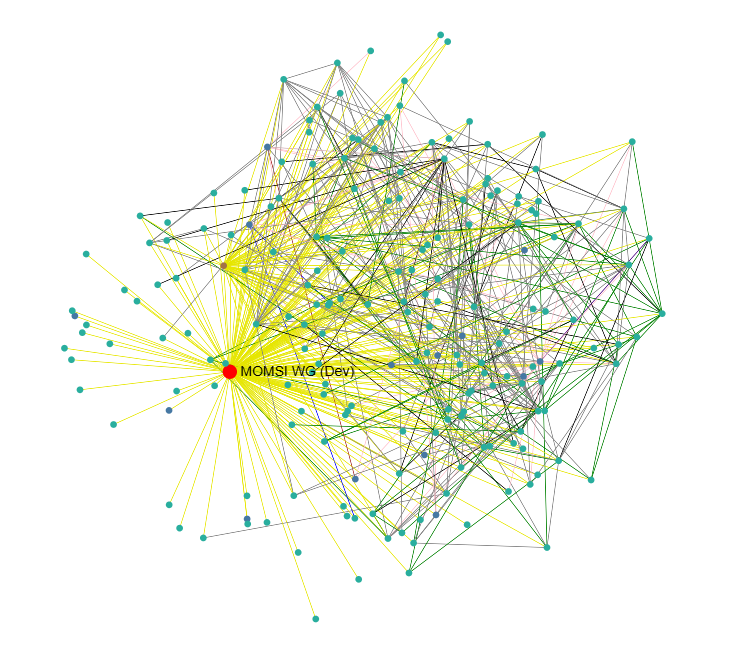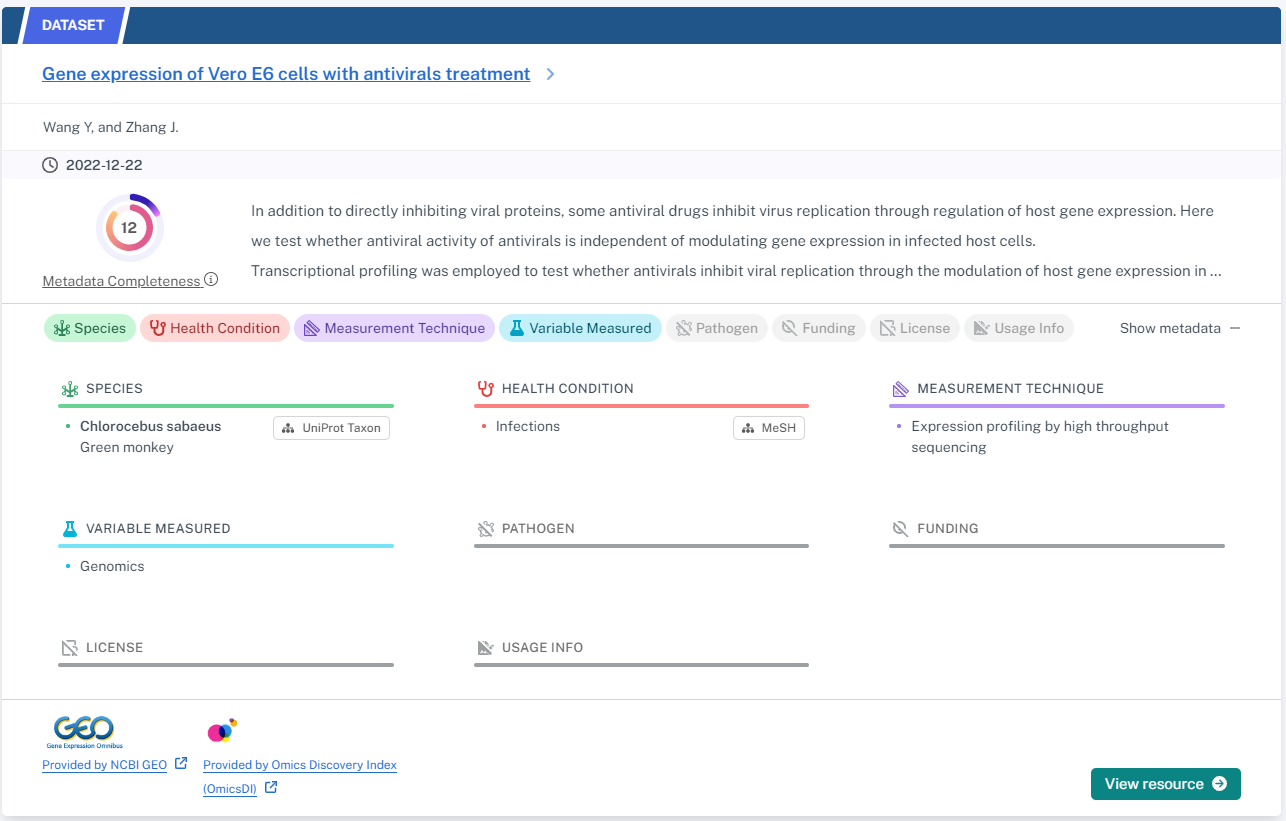Category: FAIR Data Principles
-
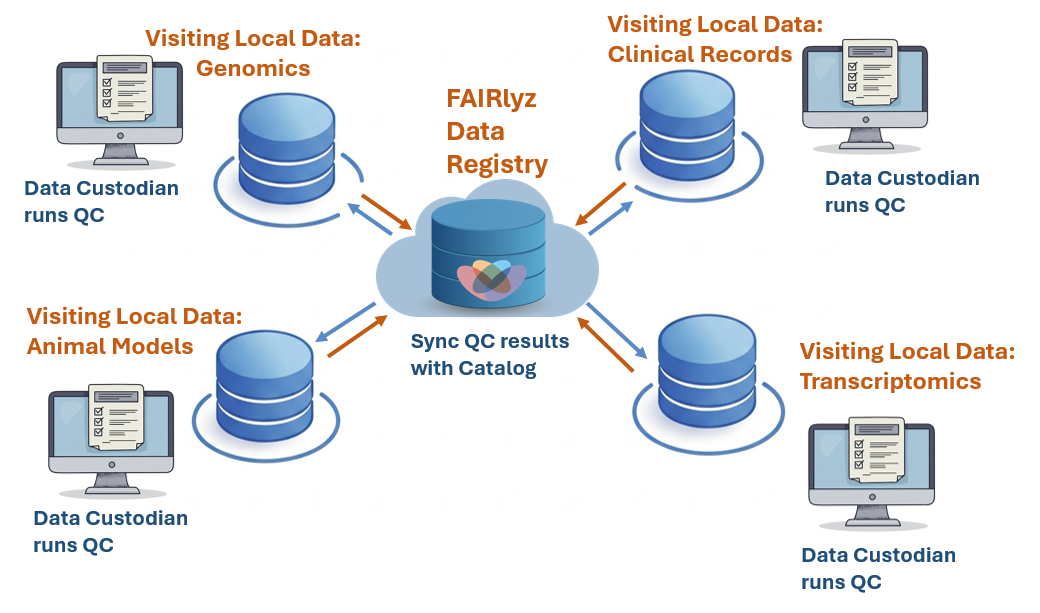
Federated Data Platforms vs. Data Visiting Technologies
What technologies and methods enable the access and analysis of sensitive data using AI/ML, while preserving data privacy and avoiding centralization? That’s the challenge federated data and data visitation technologies aim to solve. But are they the same thing? Not quite. This post will break down the key differences, explore their respective applications, and provide…
-

Part 1: Key Takeaways from the RDA Plenary on AI/ML and Interoperability
The 23rd RDA Plenary Meeting in San José, Costa Rica, brought together a global community of researchers to address the pressing issue of sustainable science. The plenary was divided into many sessions that ran simultaneously and were organized by RDA working groups (WGs) and interest groups (IGs). The event offered valuable insights and sparked innovative…
-
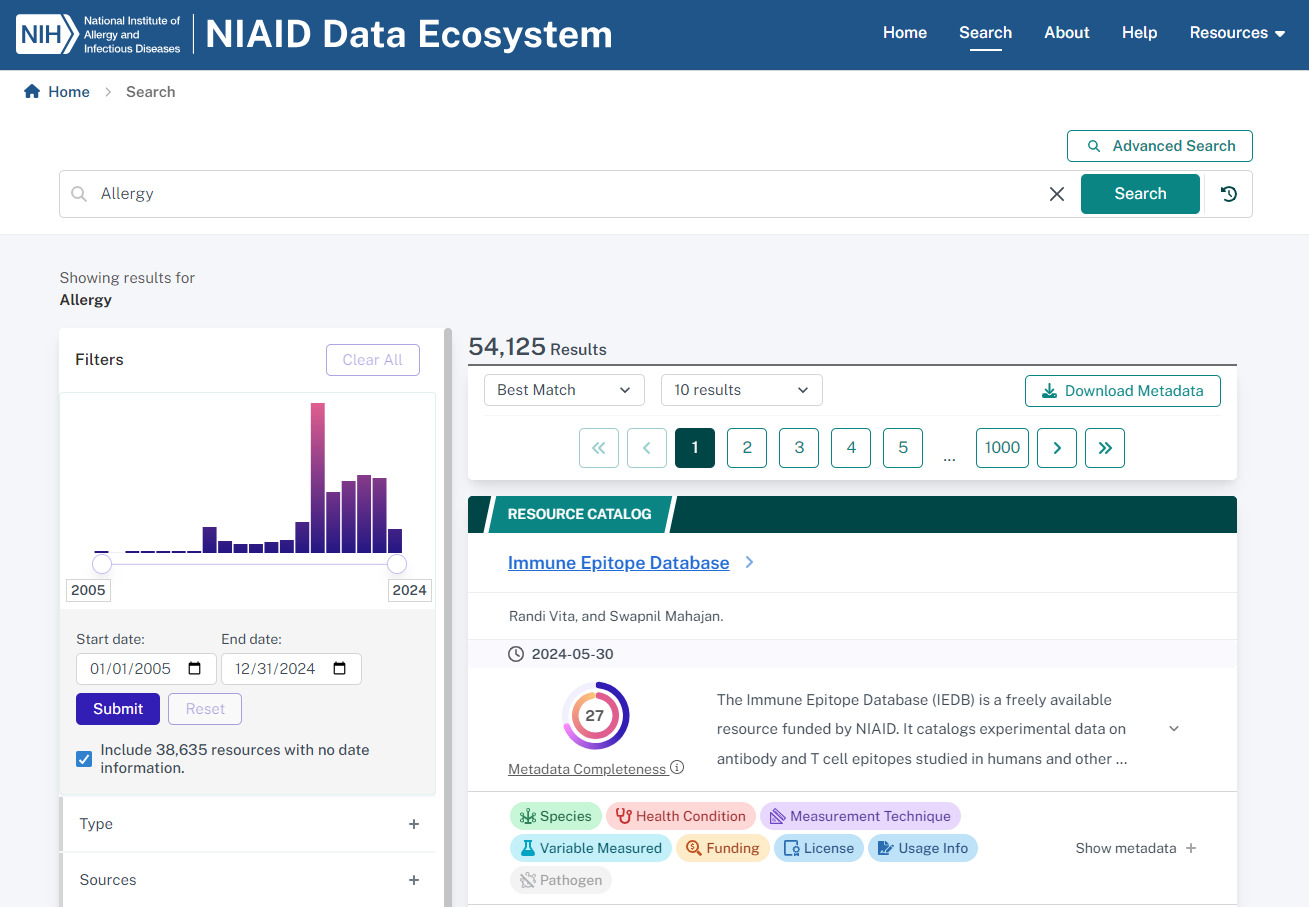
Part 1: Data Providers at the NIAID Data Ecosystem Discovery Portal
The NIAID Data Ecosystem Discovery Portal allows exploring Infectious and Immune-mediated Disease (IID) data across many repositories through Resource Catalogs (collections of scientific information or research outputs) and Dataset Repositories (collections of data of a particular experimental type) that are currently included in the NIAID Data Ecosystem. The NIAID Data Ecosystem Discovery Portal supports exploration…
-

Earlier Detection, Better Outcomes with FAIR Data
Improving Early Disease Detection: FAIR data is being used to develop AI-powered tools that can analyze medical scans and detect diseases like Alzheimer’s or diabetic retinopathy at earlier stages, leading to better treatment outcomes. National Institutes of Health (NIH) – Big Data to Knowledge (BD2K): This NIH initiative focuses on using big data for biomedical…
-
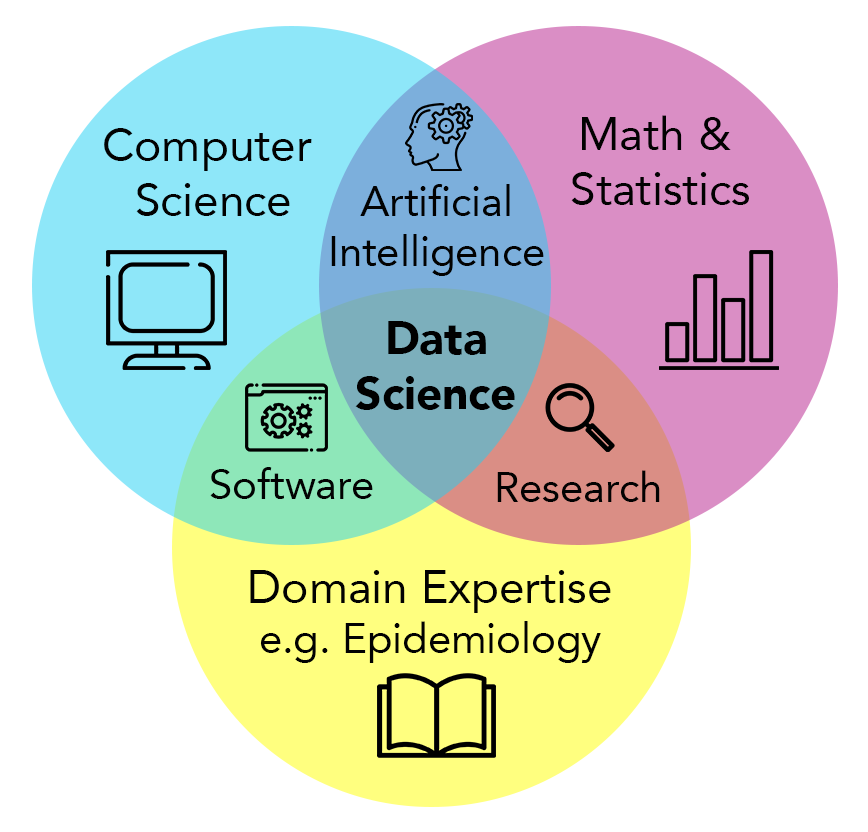
Beyond the Hype: Why FAIR Data Matters for Real-World Medical AI Applications
The field of medical AI is buzzing with potential. From diagnosing diseases with superhuman accuracy to designing personalized treatment plans, AI promises to revolutionize healthcare. However, amidst the excitement, there’s a crucial element often overlooked: FAIR data. FAIR stands for Findable, Accessible, Interoperable, and Reusable. While it may sound technical, FAIR data principles are the…

